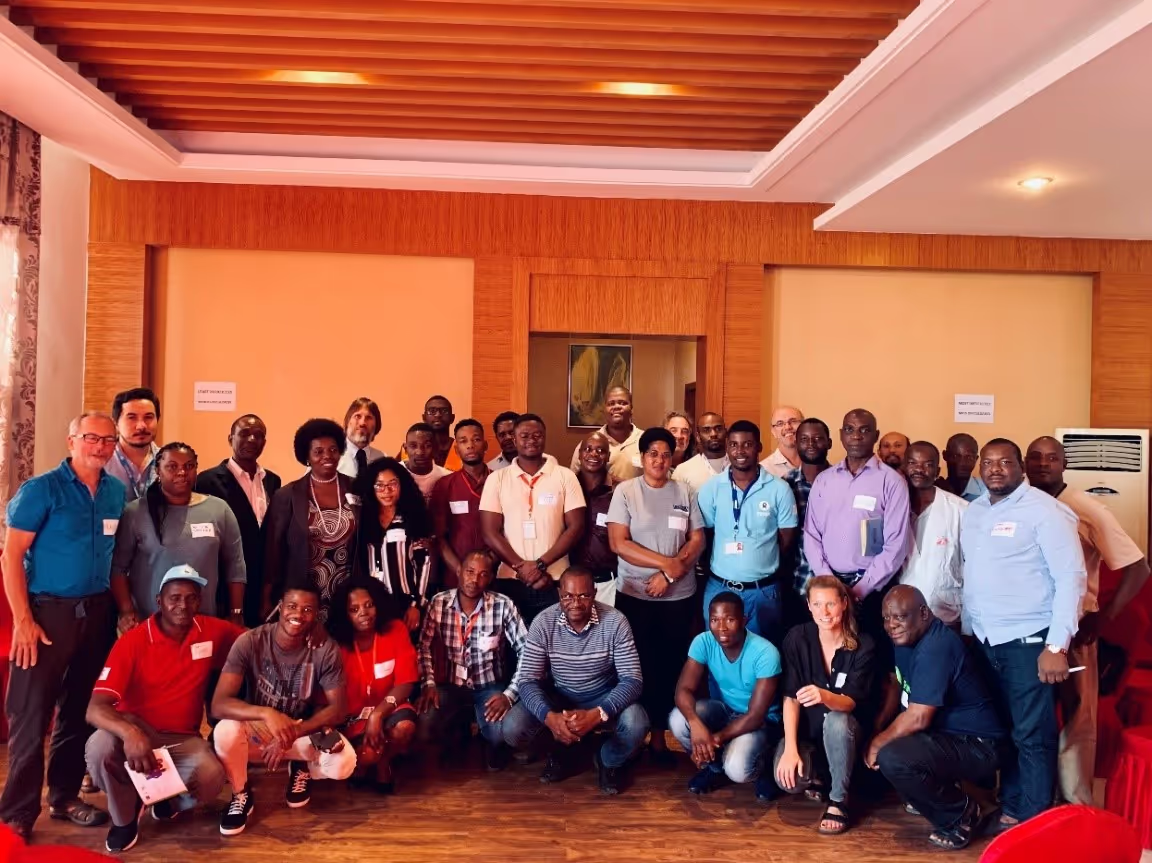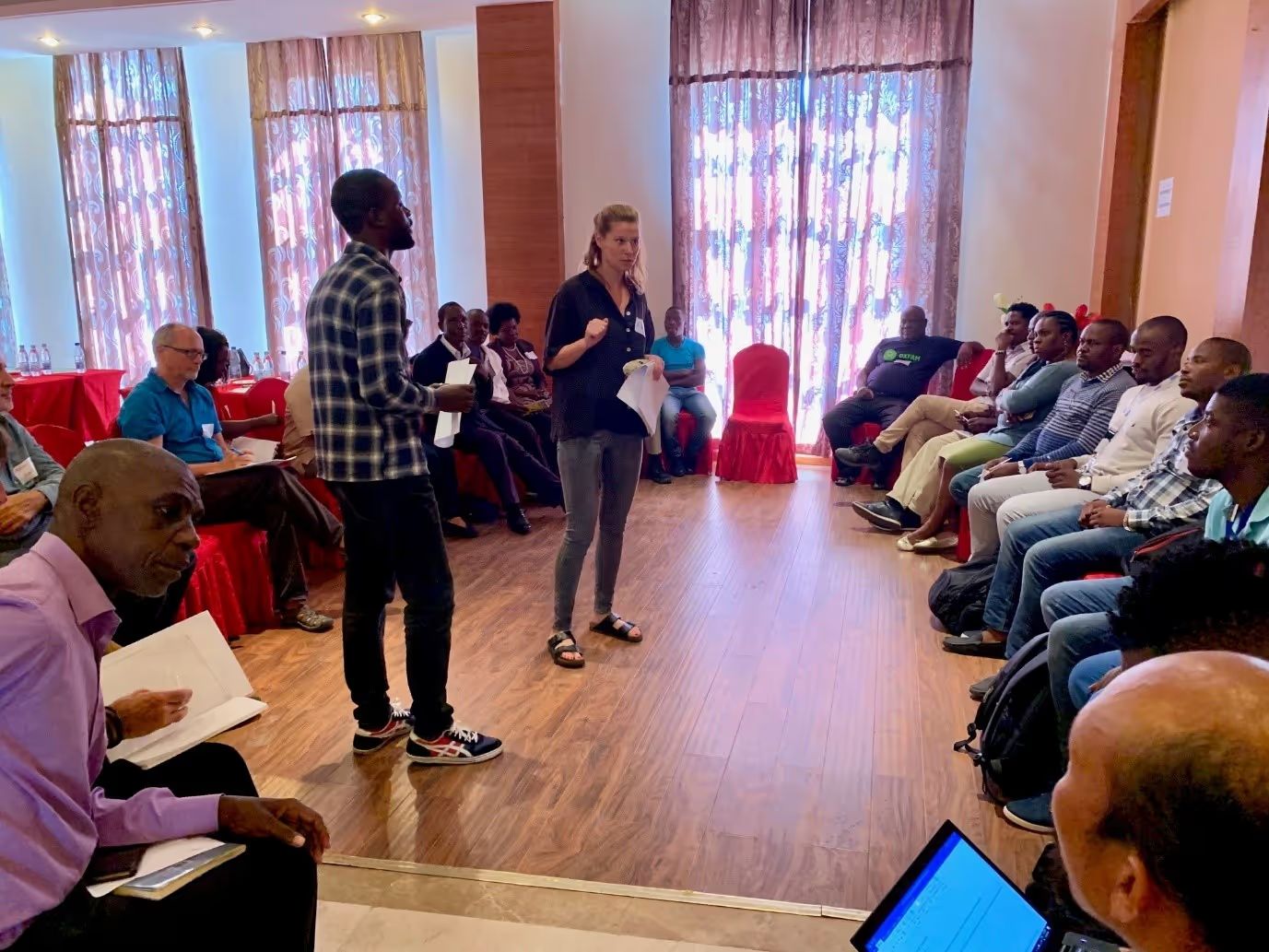Consult, Modify, Consult - Bringing Sani Tweaks to Scale
08
November
2019
Type
Grantee insights
Area of funding
Humanitarian Innovation
Focus areas
No items found.
Year
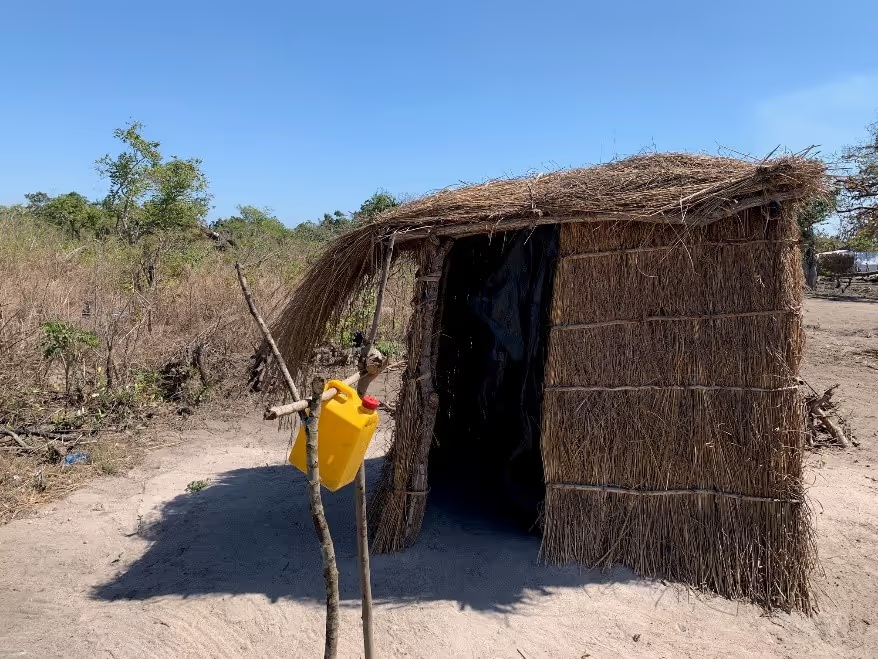
INTRODUCING SANI TWEAKS
Recent research, including the HIF funded Sanitation Lighting research and the Sanitation User-Centred Design project , revealed that due to a range of issues and fears, an alarming number of women and girls do not use the latrines that agencies provide. To address these findings, Oxfam developed ‘Sani Tweaks’ – a series of tools that promote best practices in sanitation and seek to put latrine users at the heart of sanitation programmes. Its core aim is to ensure safety, privacy and dignity for women and girls. The approach can be summarised by three key words: CONSULT, MODIFY, CONSULT – for it is only through continuous engagement with the affected community and modifications made according to their feedback that our sanitation programmes can be improved.
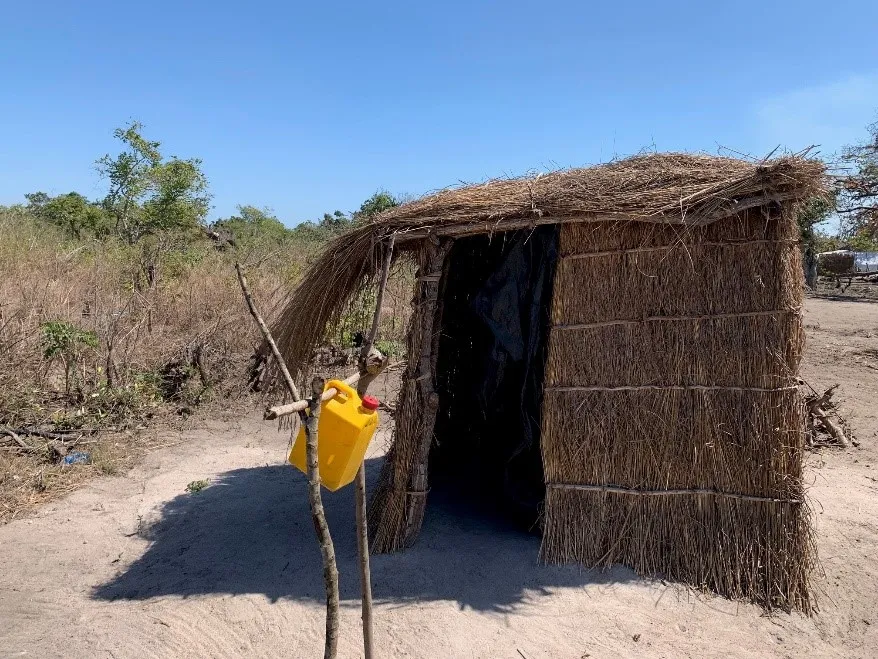
SANI TWEAKS DIFFUSION PROJECT
With support from HIF, a scaling project was launched in 2019 to disseminate the tools throughout the WASH sector and ultimately boost latrine usage rates. As the series is aimed at technical WASH staff at field level, Oxfam is conducting a series of introductory interagency workshops in various emergency contexts to trigger behaviour change in field staff.
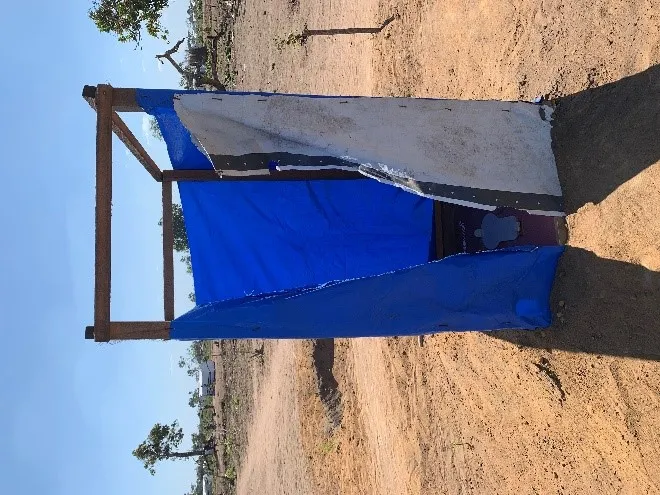
LAUNCHING SANI TWEAKS – MOZAMBIQUE
In August 2019, the first of these workshops took place in Beira, Mozambique – five months after Cyclone Idai hit the area and left more than 1.8 million people in need of humanitarian assistance.
To better inform the workshops and add context, the Sani Tweaks team (Oxfam’s global Public Health Engineering (PHE) and Public Health Promotion (PHP) Leads, supported by the Sani Tweaks Programme Manager) first consulted a Gender/Behaviour Change Specialist and then conducted field visits to Mozambique relocation camps.
Workshop preparation:
The Gender/Behaviour Change Specialist provided a series of exercises to trigger behaviour change in field staff – this involved designing a comprehensive facilitation guide for the project and training the facilitation team to tailor the workshop content to each emergency context.
Findings from the field:
The team examined various latrines constructed by different WASH actors and conducted focus group discussions, particularly with women and girls from the affected communities in Mozambique. The team found that a lack of privacy was prevalent due to a lack of locks (and often also doors) on the latrines and that many women and girls did not feel comfortable using the existing communal latrines. Users also highlighted that few of them were initially consulted on the latrine design and had little opportunity to feedback to WASH agencies.
The workshops:
The interagency forum was fully supported by the WASH cluster in Beira and was a ¾ interactive day, facilitated by Oxfam’s PHE and PHP Leads. 35 WASH staff from 13 different organisations (including the largest agencies, both national and international) attended, with engineering and hygiene promotion equally represented by participants. The Sani Tweaks materials had been translated into Portuguese and the workshop itself was further facilitated by a translator.
The workshop was highly participatory and involved various exercises that sought to put WASH staff “in the shoes” of a range of people, particularly those who experience difficulties in using shared latrines – pregnant women, the elderly and disabled, the incontinent, the blind and sick. The aim was to increase awareness of the differing needs of latrine users and as such, learn to ask the right questions in different ways to ensure that latrine designs meet the needs of a diverse population.
Consequently, all participants agreed to apply the Sani Tweaks principles to the ongoing emergency response in Mozambique, and ensure that all latrines be equipped with a door and lock. These recommendations were further discussed with UNICEF’s Head of WASH in Mozambique to ensure follow-up.
A second workshop, focused around the same triggering exercises, was aimed at Oxfam staff and partners and involved an additional 27 participants. As such, over 60 individuals were informed by the two workshops, all of which will have moved on better prepared and motivated to implement the approach moving forwards.WHAT’S NEXT FOR SANI TWEAKS?
Mozambique was a pilot for the Sani Tweaks roadshow and the lessons learned there will now inform the subsequent workshops in the series, scheduled for November in Uganda and Iraq. These workshops will again be tailored to the relevant emergency contexts, and will once more seek to cement the Sani Tweaks approach into the hearts and minds of WASH field staff.
Meanwhile, the Sani Tweaks team is developing a monitoring framework that will be tested in both Uganda and Iraq. The aim is to measure WASH staff’s knowledge and understanding of the Sani Tweaks approach and query how they intend to apply it in practice.
Photo credit: Oxfam
No items found.
Stay updated
Sign up for our newsletter to receive regular updates on resources, news, and insights like this. Don’t miss out on important information that can help you stay informed and engaged.
Related articles
all latest news

News
Elrha at HNPW 2026: Exploring what’s next for the humanitarian system

News
2025 in review: challenges, achievements and what comes next
.png)
Elrha insights
The 16 Days of Activism: Innovating GBV response amid global challenges
Explore Elrha
Learn more about our mission, the organisations we support, and the resources we provide to drive research and innovation in humanitarian response.
